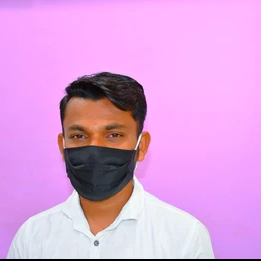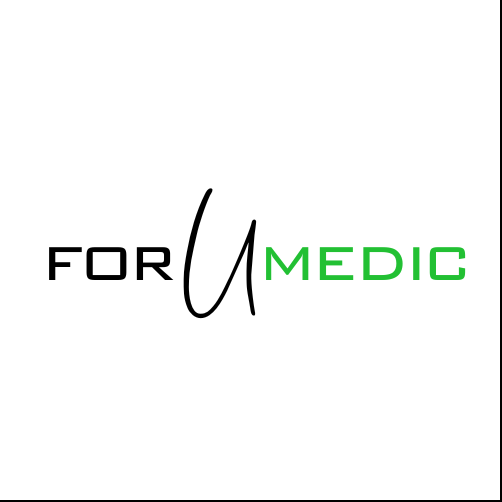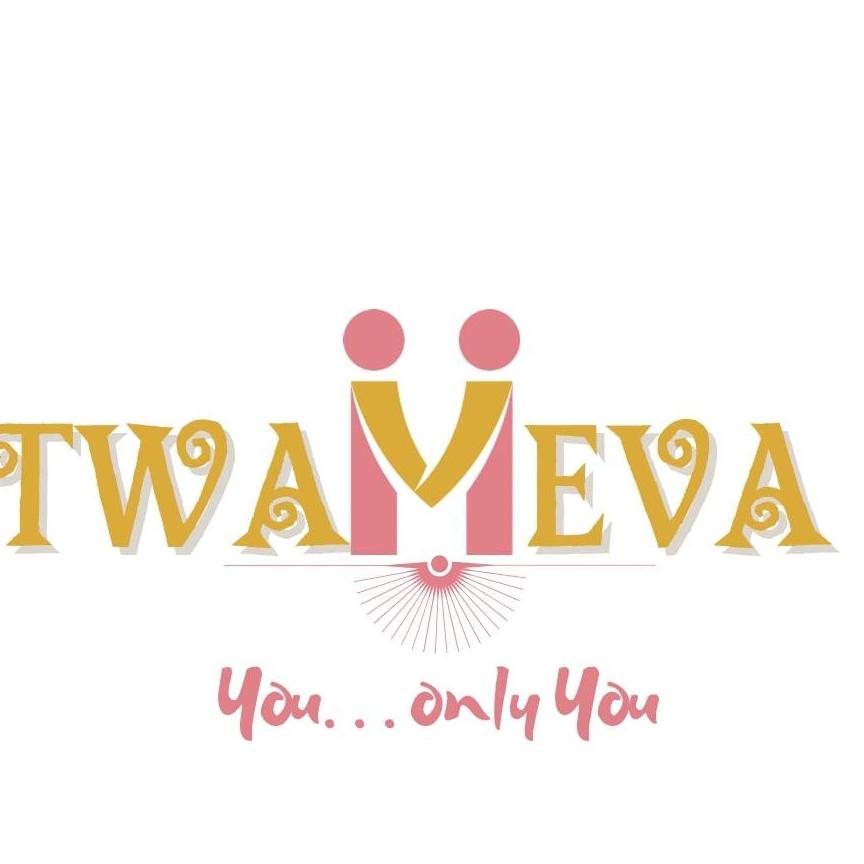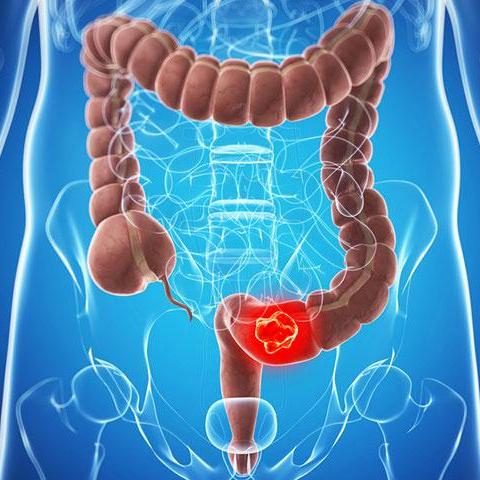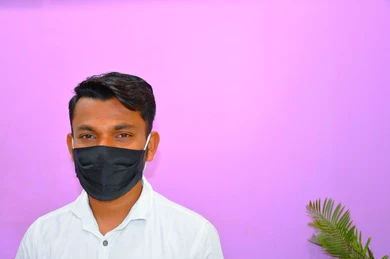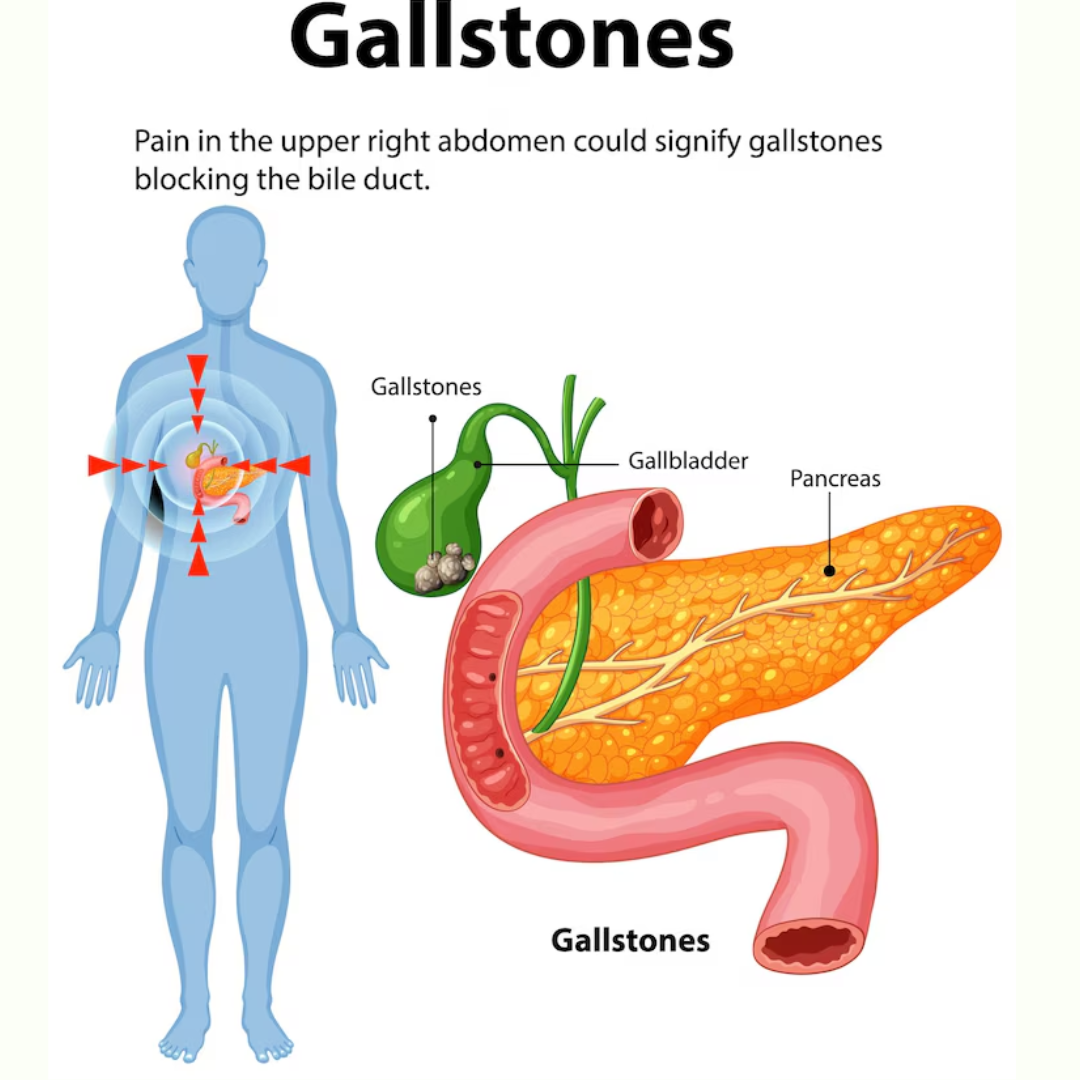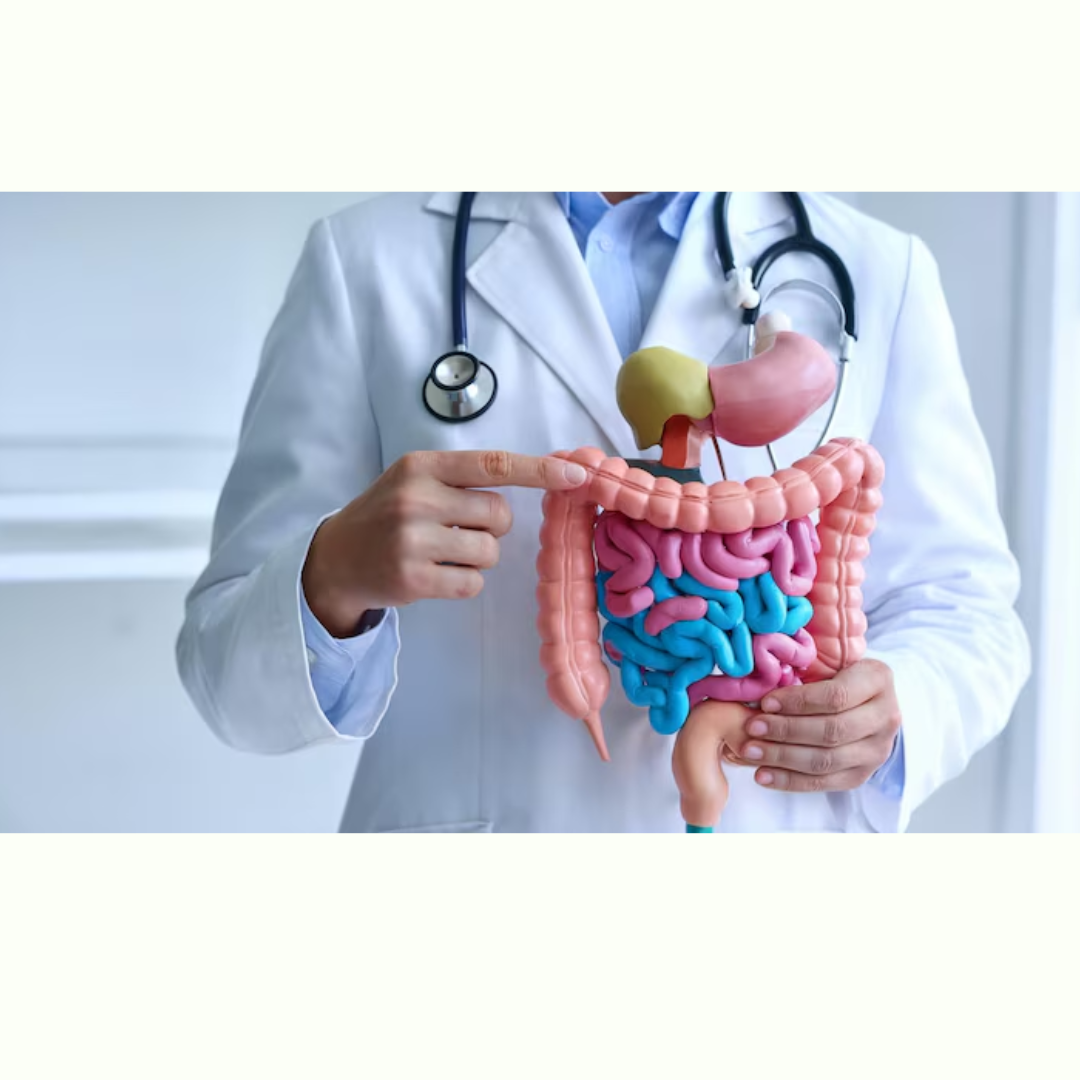Recent Updates
-
Please log in to like, share and comment!
-
🌀 “Silent Conversations with the Gut” 🌀
A creative healthcare expression — for the world of Gastroenterology.
It starts with a whisper — a churn, a burn.
A signal from within that’s easy to unlearn.
A skipped meal, a rushed bite, a sleepless night,
The gut remembers, even when we might.
Acidity, bloating, a pain that lingers,
Traced not to touch, but invisible fingers.
But here’s the truth that often slips by —
Your gut is your compass, your body's why.
From serotonin to immunity’s shield,
It’s more than digestion, it’s the battlefield.
So listen when your stomach speaks,
In rhythms, discomforts, patterns and peaks.
Don’t silence the symptoms, don’t just delay,
A gastroenterologist lights the way.
Check-ups save lives. Awareness changes futures.
🎯 Treat your gut like your guide — not just a machine.
#GutPoetry #GastroVoice #CreativeCare #GastroenterologyAwareness #TrustYourGut #HealthcareWithHeart #GIHealth🌀 “Silent Conversations with the Gut” 🌀 A creative healthcare expression — for the world of Gastroenterology. It starts with a whisper — a churn, a burn. A signal from within that’s easy to unlearn. A skipped meal, a rushed bite, a sleepless night, The gut remembers, even when we might. Acidity, bloating, a pain that lingers, Traced not to touch, but invisible fingers. But here’s the truth that often slips by — Your gut is your compass, your body's why. From serotonin to immunity’s shield, It’s more than digestion, it’s the battlefield. So listen when your stomach speaks, In rhythms, discomforts, patterns and peaks. Don’t silence the symptoms, don’t just delay, A gastroenterologist lights the way. ✨ Check-ups save lives. Awareness changes futures. 🎯 Treat your gut like your guide — not just a machine. #GutPoetry #GastroVoice #CreativeCare #GastroenterologyAwareness #TrustYourGut #HealthcareWithHeart #GIHealth0 Comments 0 Shares 5K Views 13
13
-
What Are Gallstones?
Gallstones are small, hardened deposits that form inside the gallbladder — a small organ located beneath the liver that stores bile, a fluid that helps digest fats. These stones can vary in size and may form when there’s too much cholesterol or waste in the bile, or if the gallbladder doesn’t empty properly. While some people with gallstones may never experience symptoms, others can develop sudden and intense pain in the upper right abdomen, often after eating fatty meals.
This condition, known as a gallbladder attack or biliary colic, can last from minutes to hours and may be accompanied by nausea, vomiting, or bloating. If a gallstone blocks a bile duct, it can lead to serious complications such as inflammation of the gallbladder (cholecystitis), infection, or pancreatitis — all of which require urgent medical care.
Gallstones are more common in women, people over 40, those with obesity, or individuals with a family history of gallbladder disease. Fortunately, they can often be managed with lifestyle changes or, in severe cases, through surgical removal of the gallbladder (cholecystectomy).
If you're experiencing recurring abdominal pain, especially after meals, it's important to seek medical evaluation. Early diagnosis can prevent complications and ensure appropriate treatment.What Are Gallstones? Gallstones are small, hardened deposits that form inside the gallbladder — a small organ located beneath the liver that stores bile, a fluid that helps digest fats. These stones can vary in size and may form when there’s too much cholesterol or waste in the bile, or if the gallbladder doesn’t empty properly. While some people with gallstones may never experience symptoms, others can develop sudden and intense pain in the upper right abdomen, often after eating fatty meals. This condition, known as a gallbladder attack or biliary colic, can last from minutes to hours and may be accompanied by nausea, vomiting, or bloating. If a gallstone blocks a bile duct, it can lead to serious complications such as inflammation of the gallbladder (cholecystitis), infection, or pancreatitis — all of which require urgent medical care. Gallstones are more common in women, people over 40, those with obesity, or individuals with a family history of gallbladder disease. Fortunately, they can often be managed with lifestyle changes or, in severe cases, through surgical removal of the gallbladder (cholecystectomy). If you're experiencing recurring abdominal pain, especially after meals, it's important to seek medical evaluation. Early diagnosis can prevent complications and ensure appropriate treatment.0 Comments 0 Shares 8K Views16
-
More Stories



